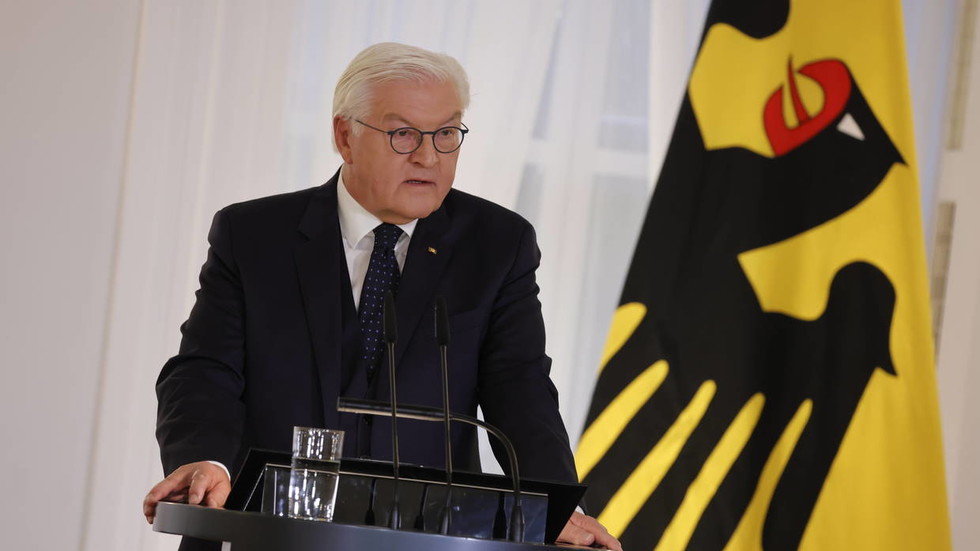Chancellor Olaf Scholz is facing a significant political crisis following the collapse of his governing coalition, which has prompted him to call for a vote of confidence in January. This decision comes on the heels of German President Frank-Walter Steinmeier’s readiness to trigger a snap parliamentary election in response to the withdrawal of the Free Democratic Party (FDP) from the coalition. The FDP’s departure followed the firing of Finance Minister Christian Lindner by Scholz, as internal disagreements over budgetary policies and economic strategies escalated. Consequently, the coalition that previously included the Social Democrats, the Greens, and the FDP has now been reduced to a minority government without the support of the pro-business faction.
In the context of German political history, Steinmeier noted that such drastic changes to a governing coalition are rare over the past 75 years. He expressed his readiness to dissolve parliament should it indicate a loss of confidence in Scholz’s administration, emphasizing the need for a stable government capable of tackling the ongoing challenges. Steinmeier stated the constitutional provisions that govern early dissolution, asserting that his decision would hinge on the necessity for a functioning and stable majority within the government. Hence, he called for a sense of reason and responsibility among political leaders during this tumultuous period.
The rift between the coalition partners has been particularly pronounced regarding the federal budget and economic policies, with Lindner’s proposal for early elections seen as a final straw for the coalition. Reports suggested that the inability to reach a consensus over a substantial deficit in the upcoming budget sparked tensions among the leaders. As a result, the tug-of-war over financial strategies plagued the coalition, acting as a catalyst for the FDP’s exit and highlighting the fragile nature of the political alliance in place.
In light of these developments, Chancellor Scholz articulated that support for Ukraine had also emerged as a contentious issue. He introduced a four-point plan aimed at increasing assistance to Ukraine, which was met with resistance from Lindner. This disagreement points to a larger conflict within the coalition concerning foreign policy priorities, further complicating the stability of Scholz’s government. The pressure to align on both domestic economic policies and international commitments is evidently straining the already fragile coalition, leading to increasing uncertainty about its future.
Looking ahead to the vote of confidence anticipated in January, Scholz faces the likelihood of severe repercussions should he fail to secure the necessary support from the parliament. If his administration loses the confidence vote, it could set the stage for snap elections in March 2025, long before the regular parliamentary elections slated for September. The looming possibility of early elections raises questions about the long-term viability of the Social Democrats and their coalition with the Greens since both parties may need to recalibrate their strategies in anticipation of a changing political landscape.
In summary, the political turmoil following the collapse of Germany’s governing coalition underscores a critical moment in the nation’s political arena. With President Steinmeier prepared to act should the need arise, and Chancellor Scholz poised for a confidence vote, the stakes have never been higher. The elements of economic discord, foreign policy disagreements, and potential electoral changes set the stage for a volatile period in German politics, with wide-ranging implications for governance and policymaking in the months to come. The convergence of these factors illustrates the complexities and fragility of coalition politics in contemporary Germany.

